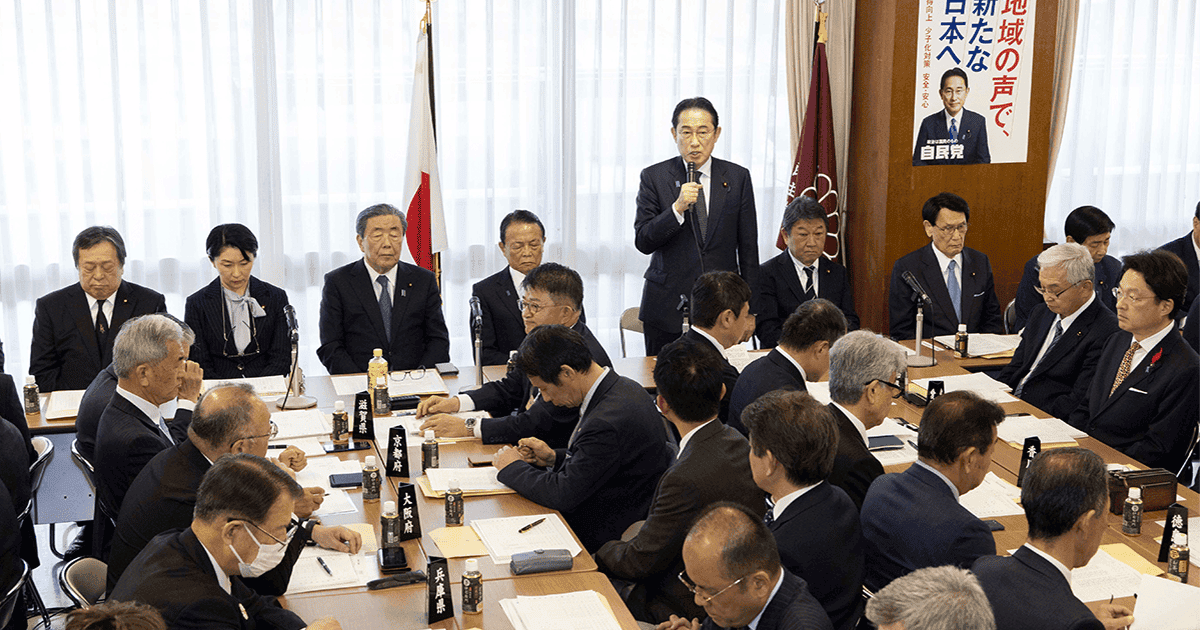Thank you for reading Observing Japan. This post is available to paid subscribers.
If you are looking for timely, forward-looking analysis of the stories in Japans’s politics and policymaking that move markets, I have launched a new service through my business, Japan Foresight LLC. For more information about Japan Foresight’s services or for information on how to sign up for a trial or schedule a briefing, please visit our website or reach out to me.
I took a break from my vacation to talk with Bloomberg’s The China Show about the LDP leadership election. You can view the interview here.
I also spoke with NPR, the Washington Post, and Bloomberg.
I joined RTHK3’s Backchat program along with journalist William Pesek to discuss the leadership election.

Prime Minister Kishida Fumio's exit was surprising but not unexpected. After all, it was fundamentally difficult to see how a prime minister with deeply negative net approval ratings — who was dragging down the Liberal Democratic Party's (LDP) support — could convince his party to give him another three years at its helm. And yet Kishida had given few signs that he would yield without a fight. In recent weeks, Kihara Seiji, one of Kishida's closest advisers, had suggested that the prime minister would not bow out of the race.
So what happened that led the prime minister to decide not to seek reelection? Undoubtedly there will be more in-depth reporting to come, but the first accounts published of the last days of Kishida suggest that there was nothing particularly dramatic about it. There was no great betrayal, no moment when a trusted ally told him that it was over. Instead, it just seems that after weeks of trying to determine whether he might have a pathway to victory, the reality was that he just would not be able to reassemble the coalition that enabled him to win in 2021.
The picture that the Asahi Shimbun paints is of a Hamlet-like Kishida weighing the situation, hoping for a favorable turn. When it failed to materialize, and as the calendar reached the point when he had to decide whether to run in order to give candidates sufficient time to prepare in case if he were in fact not running, he finally decided to quit. It also quotes him as saying to former LDP general council head Endō Toshiaki that "even if I win the leadership, it will be difficult to win a general election." While Asō Tarō did not necessarily force Kishida from the race, his reluctance to signal anything more than lukewarm support for the prime minister signaled to Kishida that his time was up.
Keep reading with a 7-day free trial
Subscribe to Observing Japan to keep reading this post and get 7 days of free access to the full post archives.



